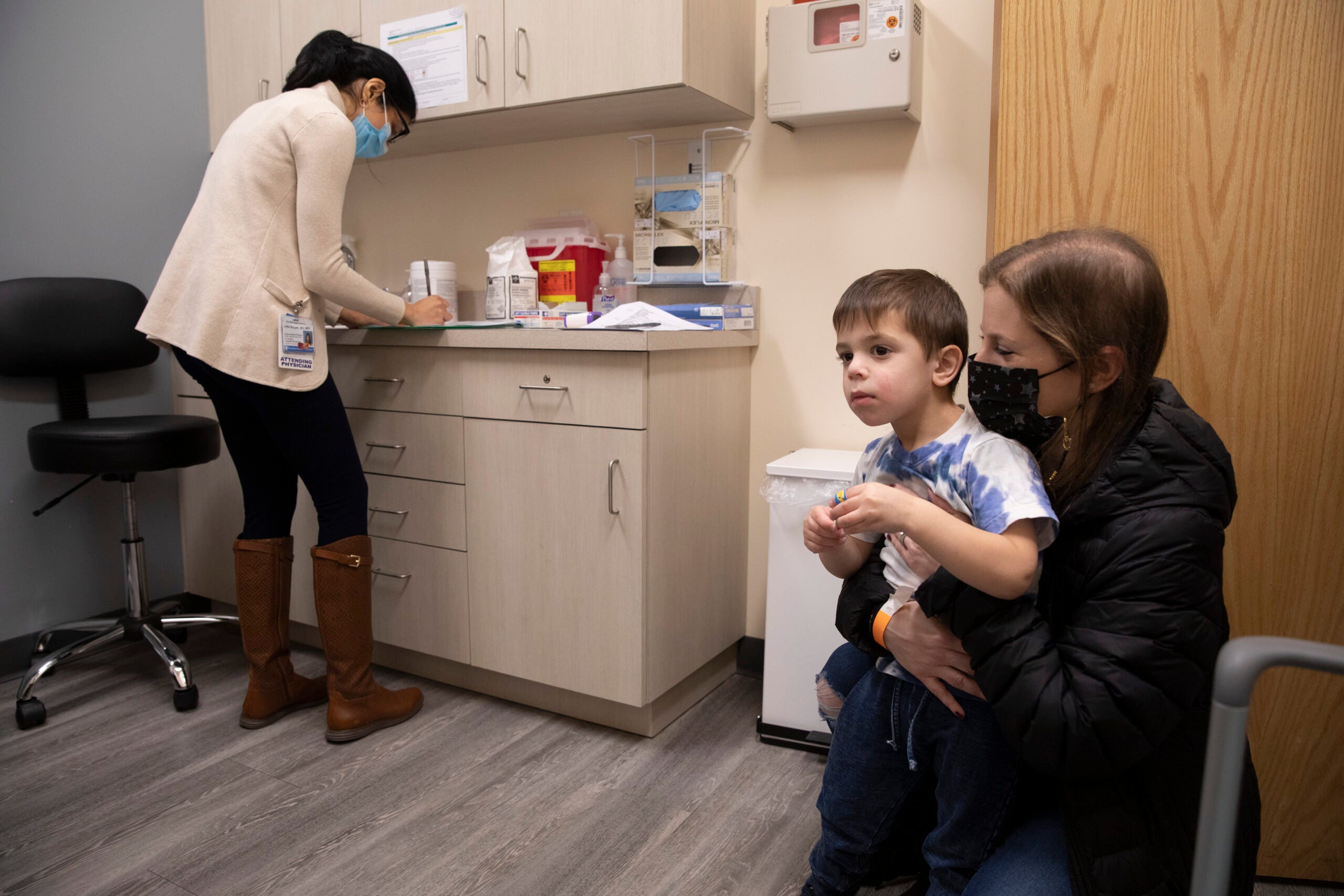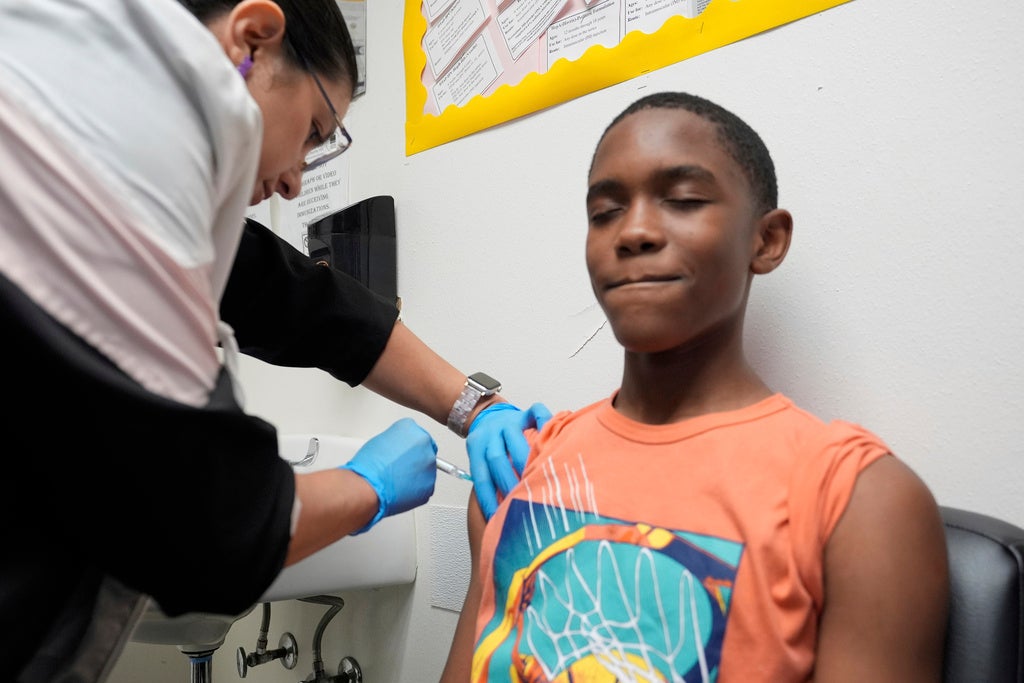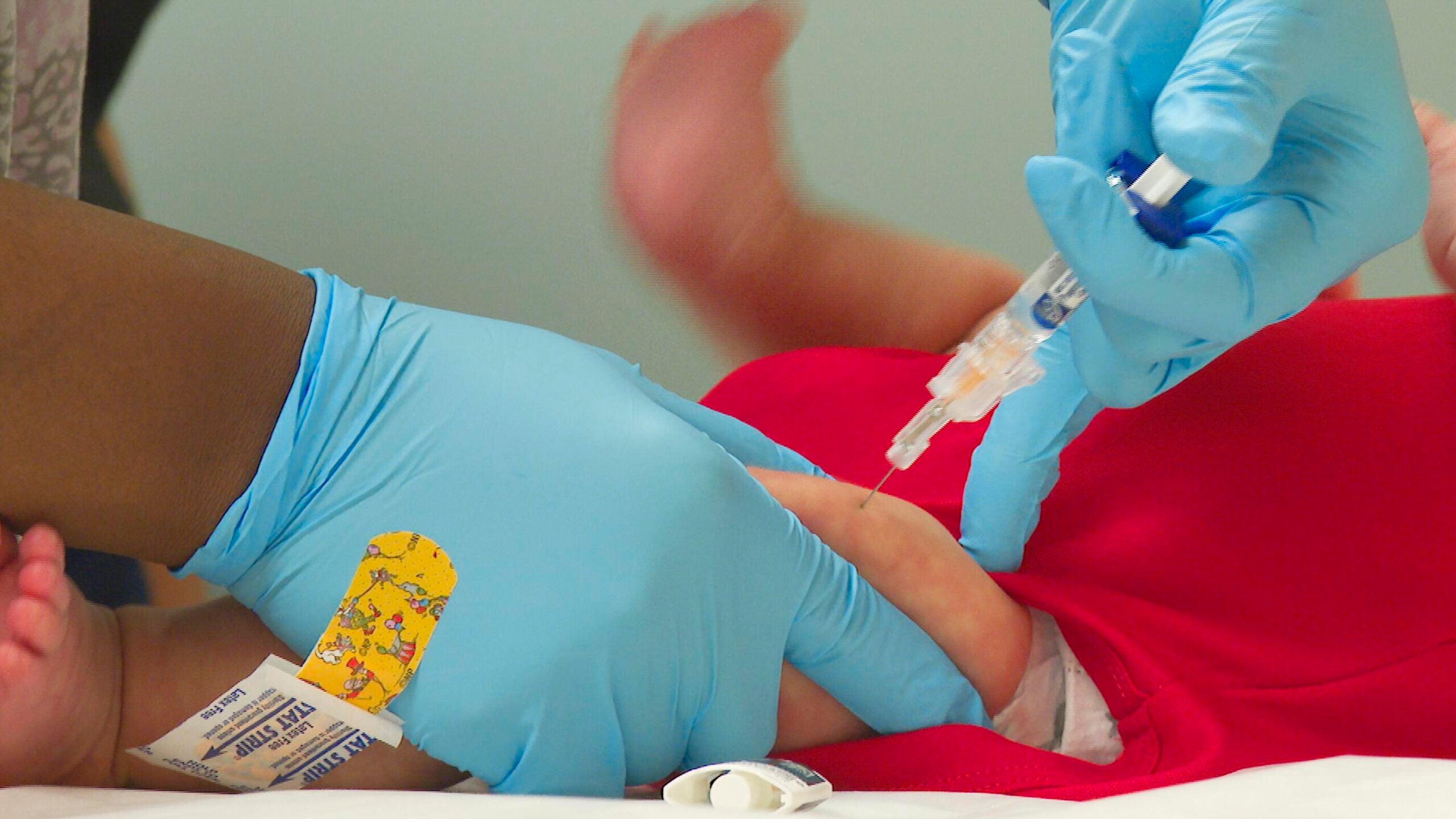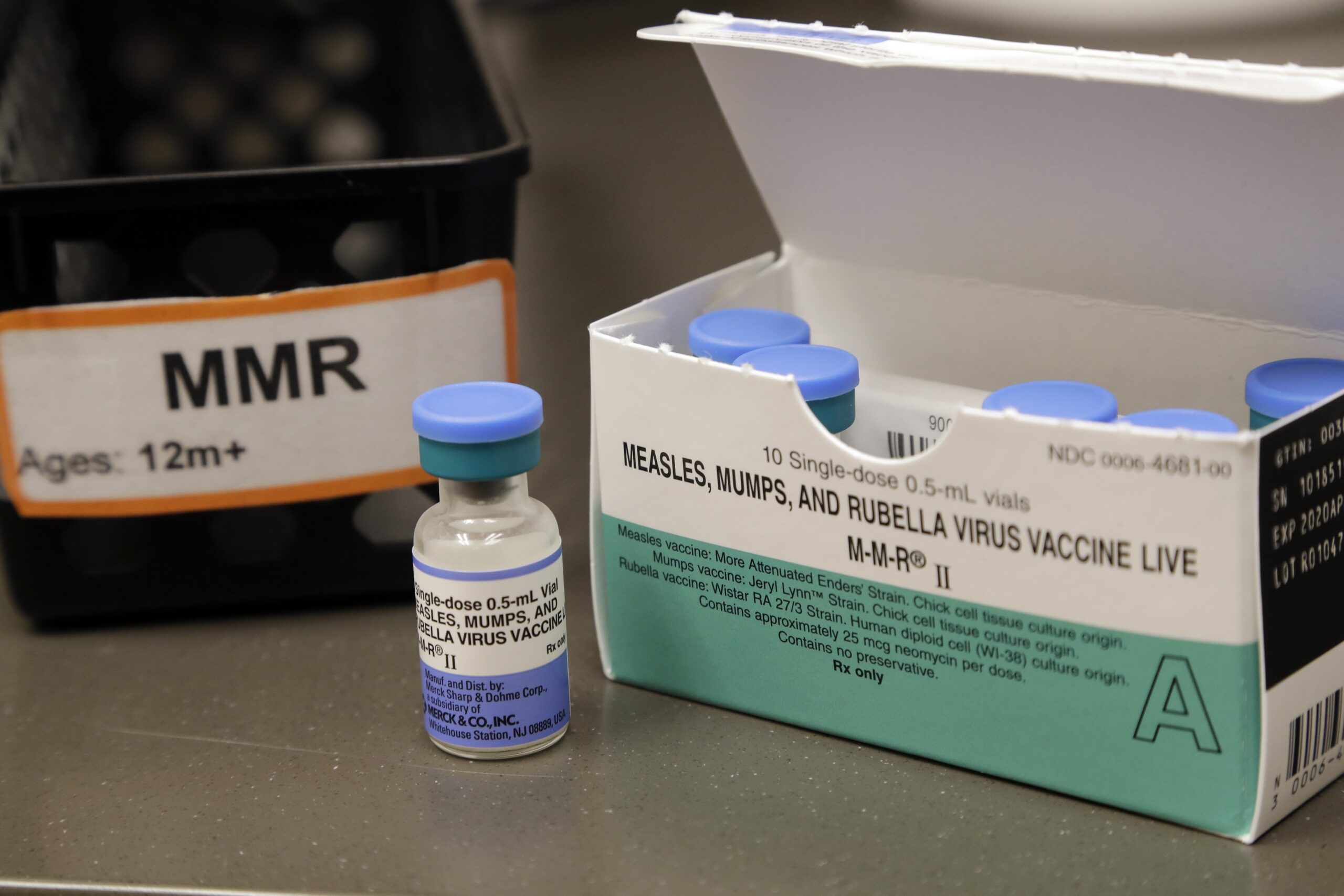After federal regulators approved the COVID-19 vaccine for young children, Wisconsin health systems are preparing to administer the shots and talk to parents who have questions about them.
“This is exciting stuff,” said Dr. Smriti Khare, a pediatrician and chief mental health officer for Children’s Wisconsin, the Milwaukee children’s hospital, about the approval of the vaccine for children between 6 months and 5 years old.
A committee of the federal Food and Drug Administration voted unanimously on Friday to approve Moderna and Pfizer-BioNTech vaccines for the age group, and the Centers for Disease Control gave final approval on Saturday.
News with a little more humanity
WPR’s “Wisconsin Today” newsletter keeps you connected to the state you love without feeling overwhelmed. No paywall. No agenda. No corporate filter.
Wisconsin’s Department of Health Services will approve the vaccine’s use next. Health providers expect vaccinations for the age group could begin within a week. Like other states, Wisconsin pre-ordered doses of the vaccines for young children while the federal approval process was proceeding.
Khare said she expects many parents will want to talk with their pediatricians about the decision to vaccinate their young children. That’s what happened after regulators approved the vaccine for children between the ages of 5 and 11 in October.
But she said a wealth of data on vaccinations, including in children, have led scientists to a firm conclusion.
“When you consider the amount of safety information we have around the vaccine, I feel very confident saying the vaccine is safe,” Khare said.
Because the law does not permit pharmacists to give vaccines to children younger than 3 years old, officials expect the majority of vaccines for young children will be administered through hospitals and health systems, and in some cases health departments. Many hospital systems will reach out to parents of young patients who become eligible with information on making appointments.
Federal approval of the vaccine for the youngest children comes more than 18 months after the adults got the first doses. The wait has been frustrating for some Wisconsin parents, especially as a new and more contagious wave of the disease swept through the state earlier this year.
But officials do not expect that most parents of young children will seek the vaccine.
In Wisconsin and nationally, those most likely to have been vaccinated against the disease are older people, and vaccination rates decline successively in each younger age group. More than 85 percent of those age 65 and older have had at least one dose of vaccine and nearly 65 percent of the state’s overall population. Among those ages 5 to 11, only about 28 percent have been vaccinated. Public health professionals estimate the vaccinate rate will be lower among the newly eligible 0 to 5 age group.
In general, older adults are most at risk from COVID-19 and children are least at risk. There are exceptions, though, and health experts say vaccination is the best way to ensure that children don’t suffer the effects of long COVID or face other health risks. In Wisconsin, two children 9 years old or younger have died from the disease, and 13 people ages 10 to 19.
Khare said getting young kids vaccinated protects them against serious illness and also helps ensure that they don’t pass COVID-19 on to older family members who may be more vulnerable.
“If you have a tool that can prevent this, that does not have serious safety issues, it is what we should do,” Khare said. “This is what vaccines do. It’s the best preventive tool that we have against infectious disease.”
Wisconsin Public Radio, © Copyright 2026, Board of Regents of the University of Wisconsin System and Wisconsin Educational Communications Board.




